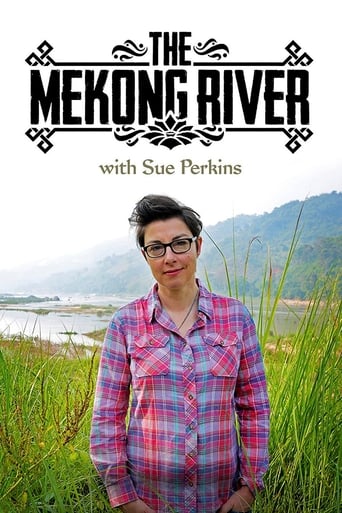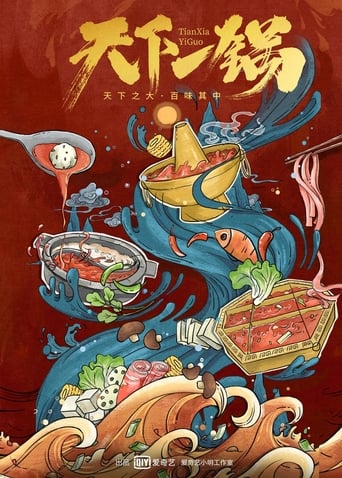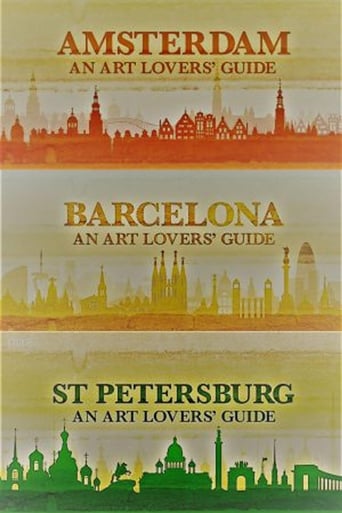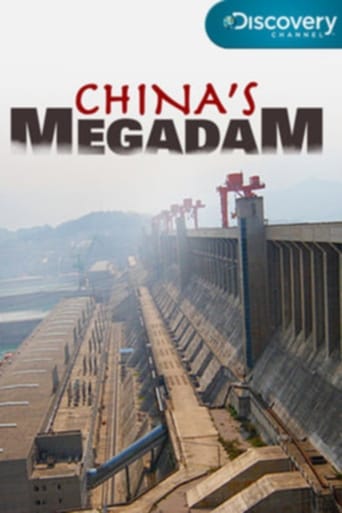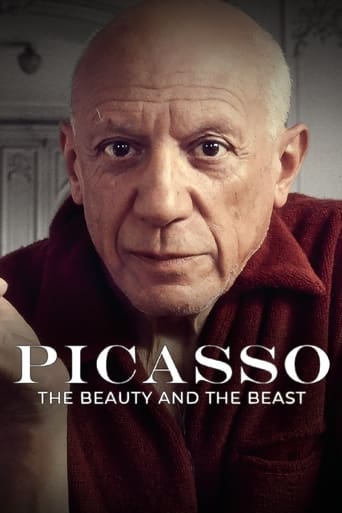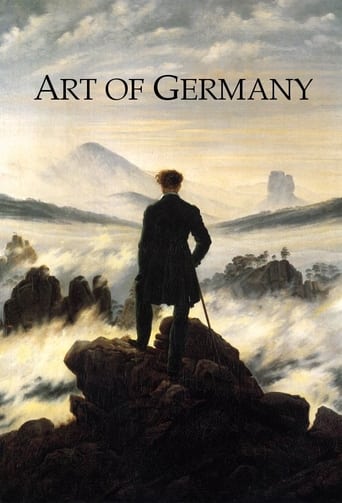
Artifacts (2000)
How did an Indian Buddhist shrine influence a Japanese pagoda? How are Italian pigs and cowry shells related to porcelain? Why did the ferocious warriors of Mongolia wear silk underwear? And how did wood block printing bring about a revolution in Japan and in European culture? These intriguing questions are investigated in Artifacts, a series that explores the origins and hidden connections among the art and artifacts of the great cultures and belief systems across Asia - on a journey through time and across continents from India to Thailand, China and Japan - to understand the impact of calligraphy, porcelain, architecture, metallurgy, wood block printing and silk on Asian history and on the history of the world in general.
Country:
Language:
Runtime:
Season 1:

When Westerners first discovered Chinese paintings, they could not see their value. They wouldn't even acknowledge them as art. But, as Confucius noted, it is possible to look without seeing. If you learn to see beyond the surface of these paintings, you will discover their real beauty and find the deepest truths of the Chinese philosophies of life. Enter the hidden world of Chinese painting. What makes a Chinese painting so distinctive, so immediately recognizable as Chinese? Is it the subject matter that Chinese artists chose to paint? Is it the different tools and techniques that they used? Or is it how they saw what they were looking at? How do we begin to understand this unique painting tradition which has survived virtually unchanged for so many centuries? Well, in China, they say to understand painting you need to understand calligraphy - the art of writing Chinese characters with a brush.

A very long time ago, far away in China, a villager living along the banks of the Yellow River built a simple mud hut to shelter his family. Thousands of years later in the year 1420, the empire's best craftsmen put the final touches on the ultimate masterpiece of Chinese architecture - the Temple of Heaven. Chinese buildings evolved from simple shelters into complex, magnificent structures with great, swooping roofs, stately columns, and rich detail. Between this simple mud hut and this amazingly complex structure - its every detail full of cosmological symbolism - is a tale of emperors, monks, scholars and genius craftsmen - a story which explains an architectural tradition of great beauty and flexibility. And to start this story at the beginning, we have to leap back two millennia, to when the brilliant tyrant Qin Shihuang becomes the first emperor of a unified China.
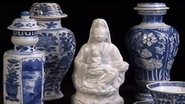
When pieces of Chinese porcelain were first seen in the West, they were so rare and exquisite that they very quickly became more valuable than gold. Why? Because Europeans really had no idea how porcelain was made, and the medieval Italian merchants who first brought porcelain to Europe couldn't believe it was man made. The only thing that they could compare it to was a cowry shell, because a cowry shell has that same exquisite smooth surface as a piece of porcelain. In Italian, a cowry shell is called a "Porcellino" - a little pig - because it kind of looks like a little suckling pig, hence our word 'porcelain'. The Europeans were immediately obsessed with the secret of porcelain manufacture, leading to all kinds of crazy theories: Some thought it was crushed eggshells; others thought it was a special fish paste, which they would leave to ripen in the earth for one hundred years. No wonder it would be centuries before Europeans would even begin to unravel the great mystery of porcelain. It took the Chinese themselves thousands of years to discover the secret of porcelain - the product of a search for perfection which began more than six millennia ago.

